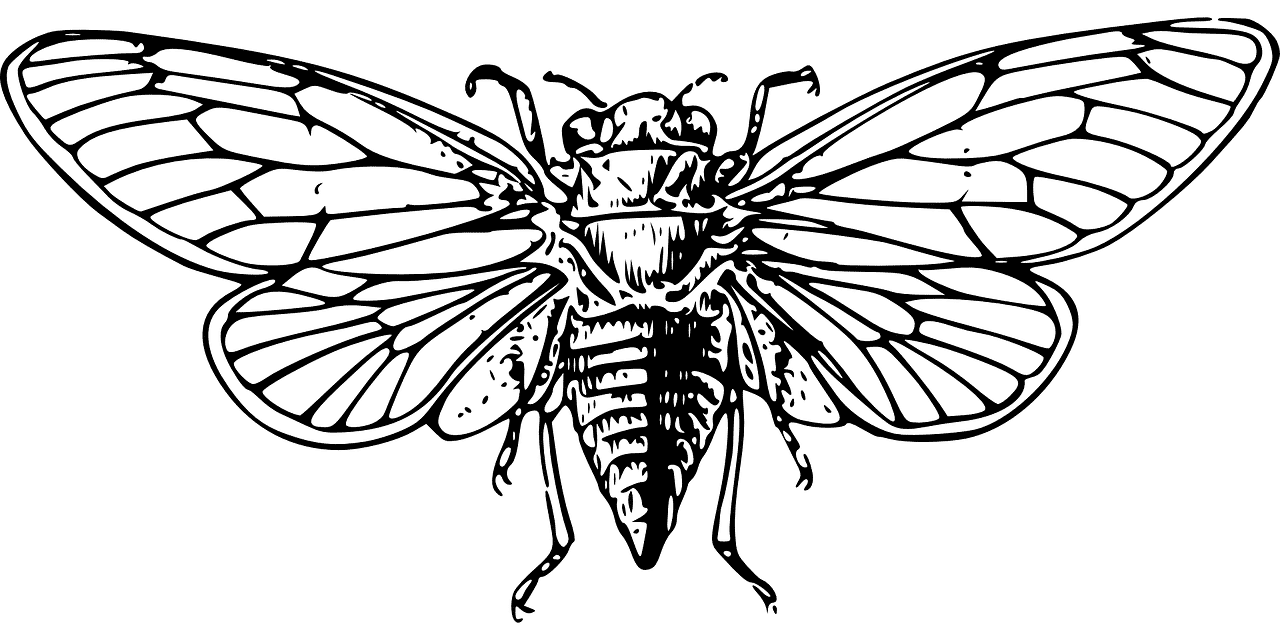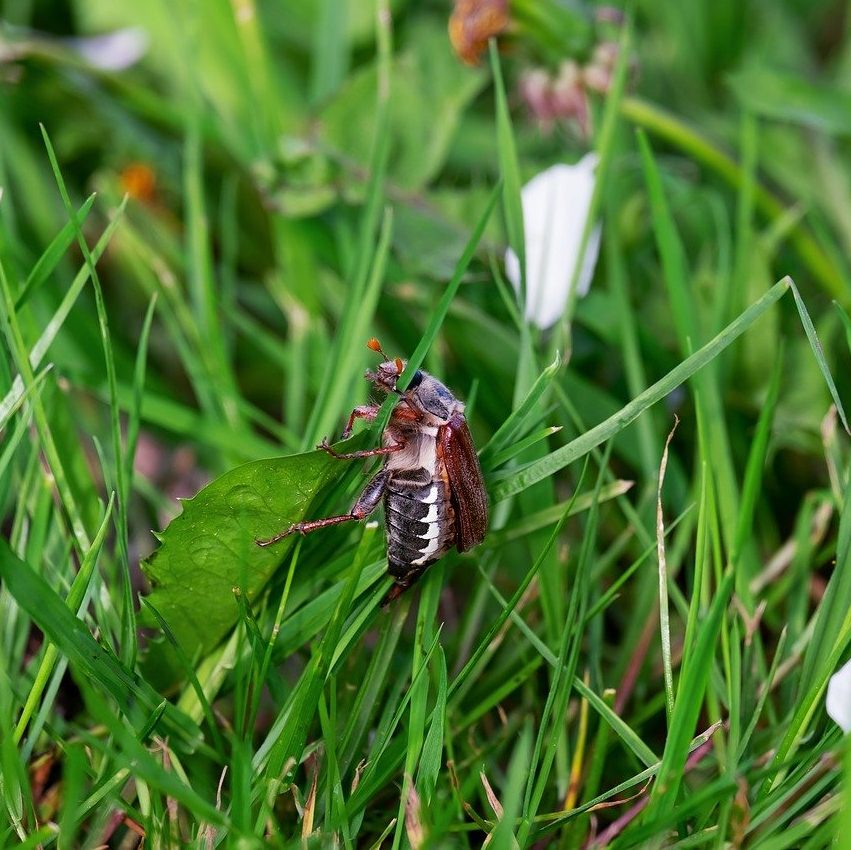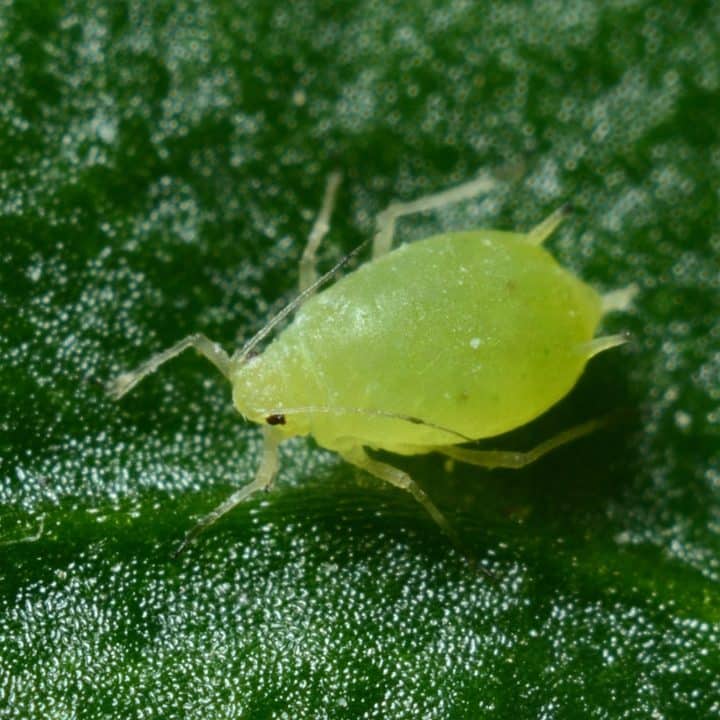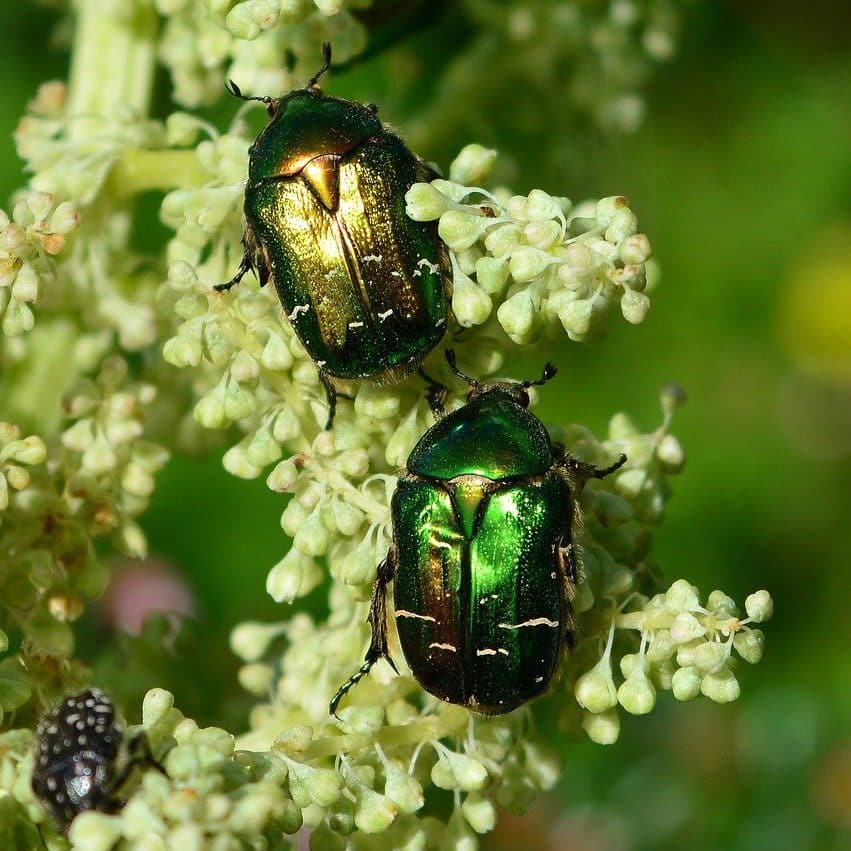
Reno Aphid Extermination
Aphids are small sap-sucking insects that feed on lawns, gardens, trees, shrubs, and other outdoor plants. Aphids are highly destructive insects who transmit fungus and plant viruses and damage ornamental plants. They leave behind honeydew deposits and mold damage. Aphids can rapidly reproduce by asexual reproduction. Their infestations grow rapidly, and they can destroy vegetation throughout entire outdoor spaces.
Reno Pest Control Pros offers aphid extermination services to get rid of these dangerous pests. Call us at (775) 305-3785 or contact us today to get your lawn and garden checked or to schedule your aphid extermination today!
Request Your FREE Consultation!
Common Types of Aphids
Aphids are members of the family Aphidoidea, and can be found all across the United States. About 1,350 species are present in North America, and the Southwest is home to several types of aphids, such as green peach aphids, cabbage aphids, melon aphids, cotton aphids, oleander aphids, potato aphids, rose aphids, and wholly apple aphids.

How Aphids Damage Plants
Aphids feed on plants through their proboscis by inserting it into leaves, buds, stems, or roots and sucking out the sap. Some species probe through natural openings in plants but most just pierce plant surfaces. Because their proboscis is small, aphids secrete a substance that weakens plants and forms a protective sheath to push into the plant. Once they reach a food source, aphids secrete a type of saliva that prevents the puncture from re-sealing and crushing its proboscis.
Aphid damage is not limited to puncturing and feeding off of the host plant. Their proboscis, mucus secretions, and saliva secretions damage plants introduce fungi, mold, and plant viruses that can damage virtually any plant.
What Aphids Look Like
Adult aphids are about an eighth of an inch long. While most aphid species are green, others can be red, white, yellow, pink, brown, black, or multicolored. Some species of aphids are winged; others are wingless. The most recognizable feature of aphids are their sucking mouthparts, especially their proboscis.
Aphid Extermination Services
Aphid exterminations can be quite a challenge, since most aphid infestations come from some species of aphids are beginning to show increasing resistance to certain insecticides used on common outdoor garden pests.
While soap sprays and garden hose water jets can be effective, we recommend hiring a pest controller to implement a biological pest control strategy to control aphid populations.

Biological Aphid Control
In aphid extermination, biological pest control strategies, which rely on the introduction of predators to control aphid populations, are generally most effective. Aphids have natural enemies such as predatory ladybugs, hoverflies, certain types of parasitic wasps, midge larvae, crab spiders, lacewings, and even fungi, and the goal of biological aphid control is to introduce predators to keep aphid populations small.
Aphid Prevention
Stopping aphids from infesting your property starts with keeping a sharp eye on lawn and garden plants and watching for early warning signs of aphid problems. Watch for any plants that suddenly appear damaged, and remove damaged plants or parts of plants while infestations are small. If possible, wash aphids off plants using a garden hose, as doing so damages or breaks aphid’s fragile proboscis. Lastly, because aphids are best managed organically, we urge you to encourage aphid predators like ladybugs. Plants like dill, fennel, mint, or parsley can naturally attract these harmless aphid predators you need, while adding variety to your lawn and garden!


